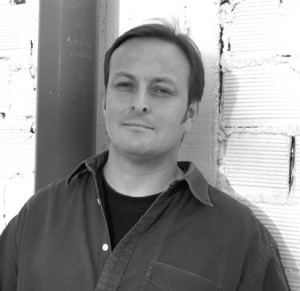
There’s been some interesting discussion about literary agents recently, not least following the letter from the AAR to the DoP, which got a good old fashioned mauling from Joe Konrath.
For a decade I had a New York literary agent. I recently switched to a London-based agency, although having decided to give indie publishing a try I have yet to produce anything that she might actually sell, and clearly this puts us both in an awkward position.
The question for indie writers, given the current state of the literary market, is how exactly an agent might fit into your plans. Do you need an agent at all? Let’s be clear: Joe Konrath has not sacked his agent, and Barry Eisler is married to his. The role of agents might be changing, but I don’t think they’re going away any time soon. Continue reading “Agents – who’d have ’em?”




